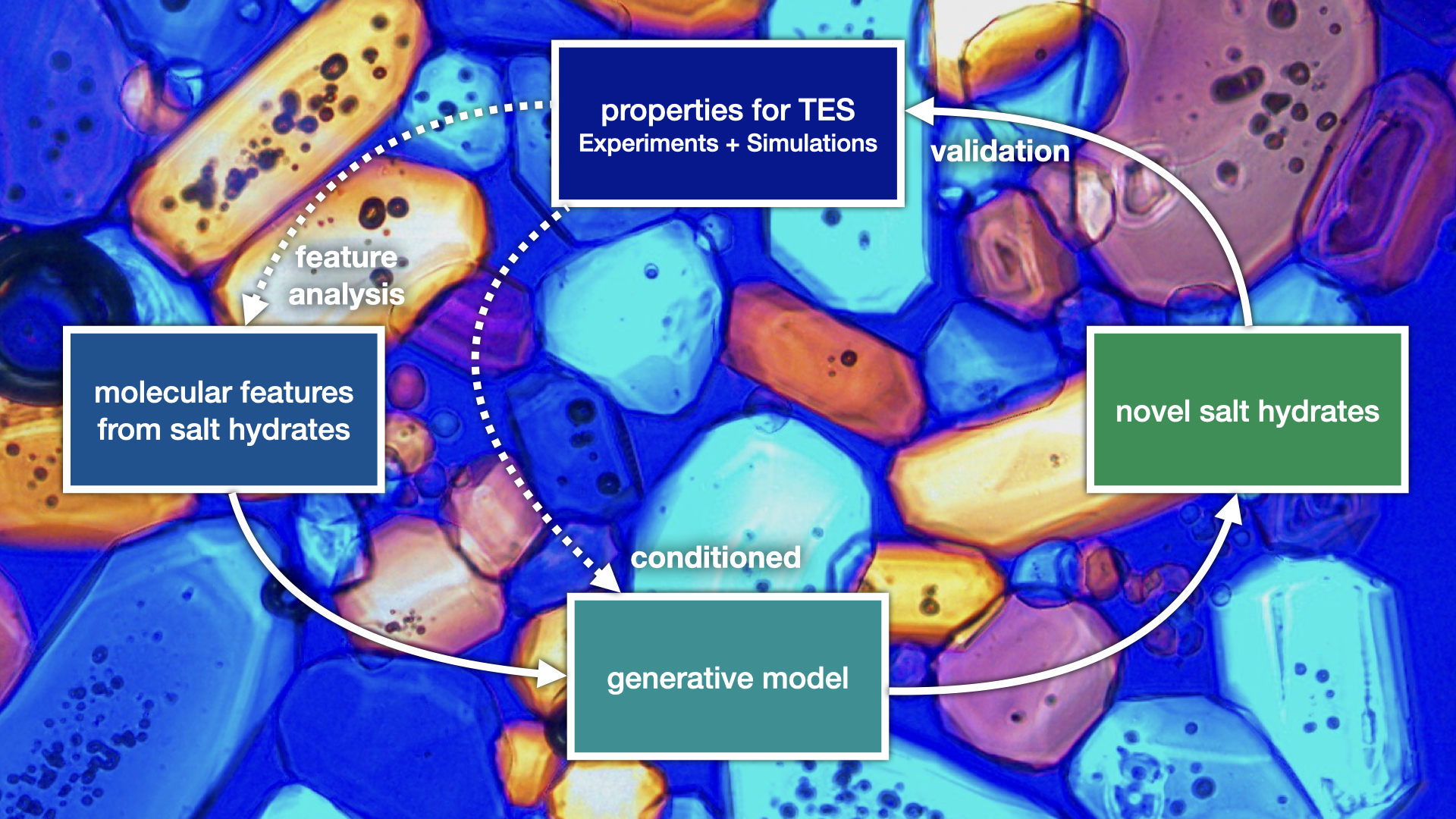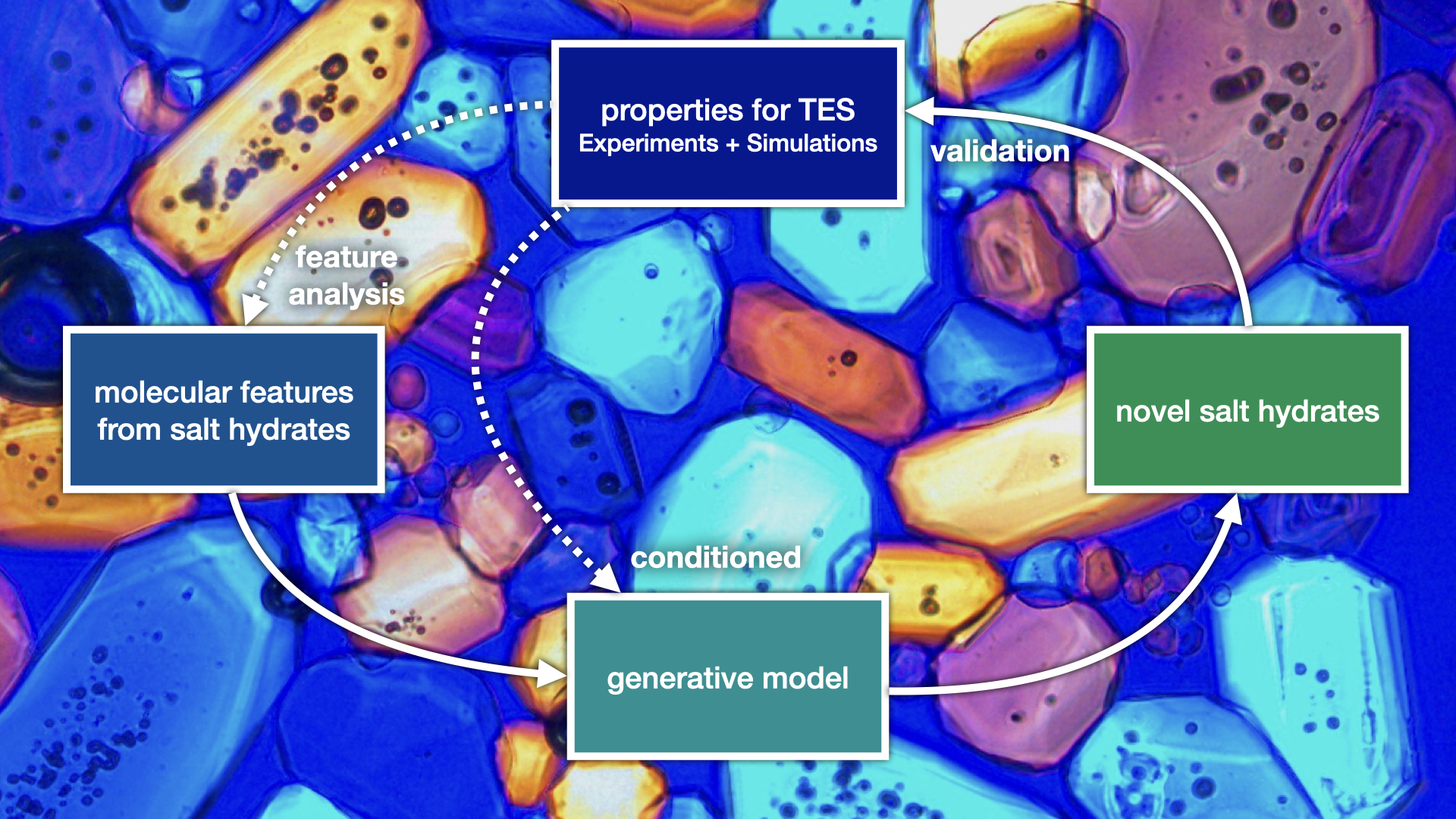The new Research Priority Area in Artificial Intelligence for Sustainable Molecules and Materials (AI4SMM) aims to produce “breakthroughs in sustainable innovation with AI and computational methods for molecules and materials to aid in realising the materials transition needed for a sustainable society“. Last winter, AI4SMM opened a call to fund four interdisciplinary 2-year postdoctoral fellowships. P. Bolhuis and A. Pérez de Alba Ortíz are part of the teams who have been granted two of these projects. Maxim Brodmerkel and Alexander Korotkevich have been selected for these positions.
Machine Learning-based models of plant protein mixtures for sustainable food design
Maxim Brodmerkel, P. Bolhuis (Computational Chemistry), H. van Hoof (Amsterdam ML Lab), S. Jabbari-Farouji (Computational Soft Matter), F. Quattrocchio (Plant Development and EpiGenetics), P. Shall (Soft Matter) and A. Pérez de Alba Ortíz (Computational Chemistry and Computational Soft Matter)

We use machine learning to predict structure, aggregation and rheological behavior of naturally occurring complex protein mixtures in plants to design sustainable and healthy plant-based food products. Focusing on emerging plant proteins, such as RuBisCo, pea, and potato proteins that can serve as sustainable substitutes for animal proteins, we develop a transferable colloidal model to predict aggregation, gelation and structural properties of complex mixtures and employ experimental data to train and validate the model. By leveraging this AI-driven model, we can accelerate a design pipeline for sustainable, plant waste-based, protein mixtures for food production.
Salt hydrates for thermal energy storage
Alexander Korotkevich, N. Shahidzadeh (Soft Matter), S. Woutersen (Molecular Photonics) and A. Pérez de Alba Ortíz (Computational Chemistry and Computational Soft Matter)

To accelerate the energy transition towards sustainable sources, there is an urgency to develop novel technologies. Thermal Energy Storage (TES) materials are a technology that can contribute to a secure energy supply. We investigate salt hydrates for which the reversible dehydration/hydration reactions can store/release heat. These have very high energy densities and are therefore promising candidates to reduce energy costs and peak power demand. We aim to increase efficiency, utilization, and lifetimes as well as to reduce capital costs. Delivering tunable and durable salt hydrates for TES could enable their widespread use in industry and society.
